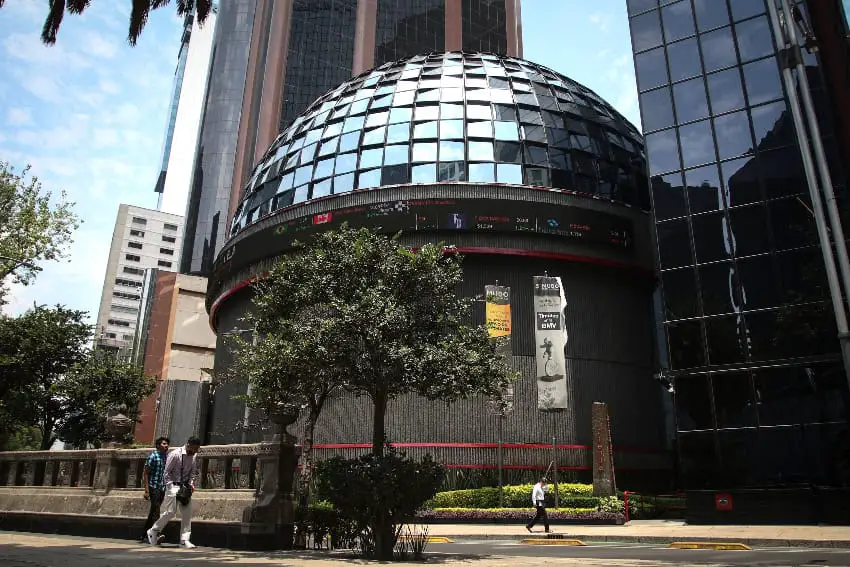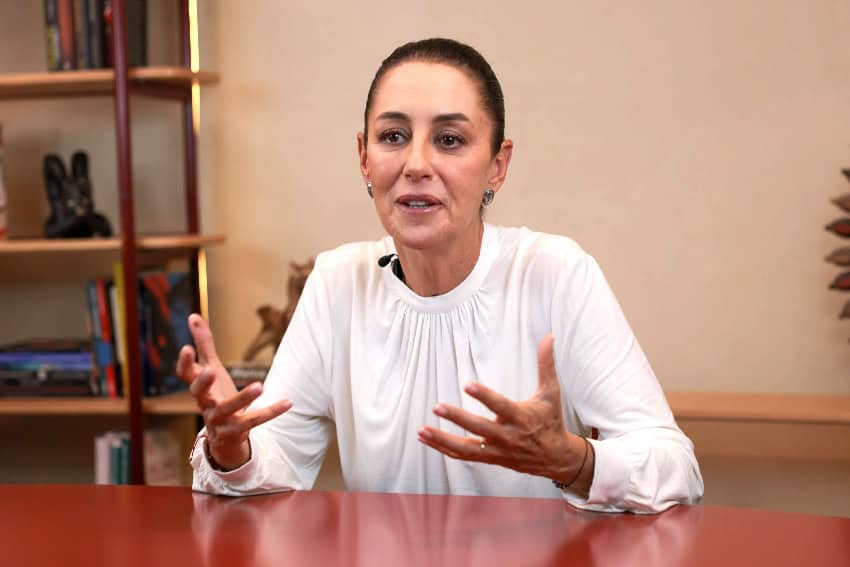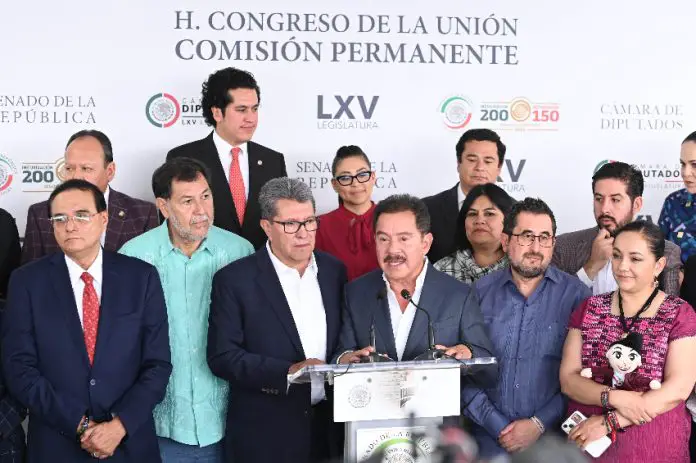The Mexican peso took a nosedive on Thursday afternoon after the leader of the ruling Morena party in the lower house of Congress indicated that recently-elected lawmakers would seek to approve a raft of constitutional reforms proposed earlier this year by President Andrés Manuel López Obrador.
The peso was trading at just above 17.5 to the US dollar in the early afternoon, but quickly fell more than 2.7% to 18 to the greenback after Deputy Ignacio Mier Velazco’s announcement on proposals that López Obrador sent to Congress in February.
The USD:MXN exchange rate was 17.90 at 5 p.m. Mexico City time, according to Bloomberg.
Mier told a press conference that Morena will seek to hold a vote on López Obrador’s proposal to overhaul the judiciary once lawmakers elected last Sunday assume their positions in September. He also said that 17 other constitutional reform proposals — including one to eliminate numerous autonomous government agencies — remain “current,” indicating that lawmakers could seek to approve those in September as well.
López Obrador will leave office a month after the new Congress is sworn in, handing the presidential sash to Claudia Sheinbaum, who has expressed support for the proposed reforms.
Morena and its allies will have a two-thirds majority in the Chamber of Deputies once the new lawmakers take their seats, and will almost have a supermajority in the Senate. They will thus be able to pass constitutional changes with the support of just a few opposition senators.

The election results caused the peso and the Mexican Stock Exchange (BMV) to fall sharply on Monday.
During trading on Thursday, the BMV’s benchmark index rose above its pre-election level, but fell after Mier’s announcement. At the close of the BMV on Thursday, the index was 1.3% below its level at the close of markets last Friday.
The peso depreciated on Monday and Tuesday, but appreciated on Wednesday to close at 17.52 to the dollar. It was trading around that level on Thursday until the sudden drop.
Brad Bechtel, global head of foreign exchange at Jefferies Group investment bank, said that “volatility is going to be here to stay,” adding that “it could be a wild time” for the peso “for a while.”

The currency has depreciated about 5% this week.
Bloomberg reported Thursday that the results in the congressional elections “sent shockwaves across Mexican assets, with money managers rushing to cut their exposure to the peso.”
Citing strategists with the Macquarie financial group, the news agency added that “the post-vote reaction was likely exacerbated by a wave of stop-losses, given the currency was over-owned by speculative traders.”
Juan Perez, director of trading at Monex USA, said that the push by Morena to approve López Obrador’s proposed reforms has led to concerns that the ruling party could seek to make even more radical changes.
“The desire to go hard at reforms this way is a sign that perhaps Morena will push for items, enjoying the lack of checks and balances from opposition, to deviate from business interests that have helped in propping up what was the ‘super peso’ effect,” he said.
Miguel Iturribarria, a strategist at BBVA Mexico, said that among the reforms investors are most worried about are ones that seek to allow citizens to directly elect Supreme Court justices, change electoral laws and get rid of a number of autonomous agencies.
President-elect Sheinbaum sought to calm markets earlier this week by endorsing a set of economic commitments outlined by Finance Minister Rogelio Ramírez de la O, who has agreed to stay in his position after López Obrador leaves office.
She also pledged that her government would “act with dialogue, harmony and a lot of responsibility.”
Mier said that lawmakers would discuss the proposed reforms with Sheinbaum, adding that the outgoing government would participate in the talks as well.
With reports from Bloomberg, El Economista, Forbes México, Reforma and Milenio
